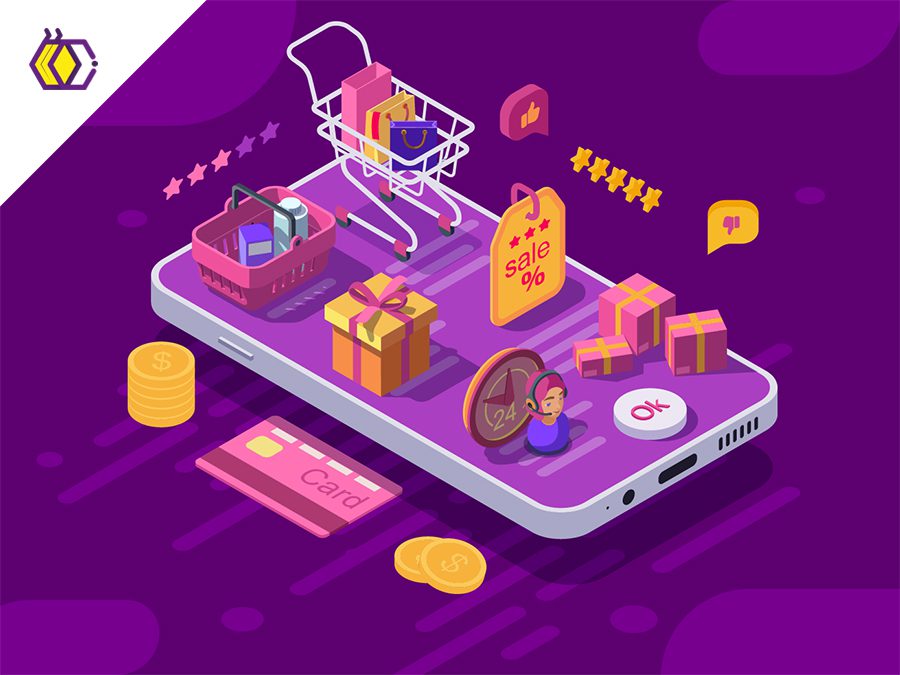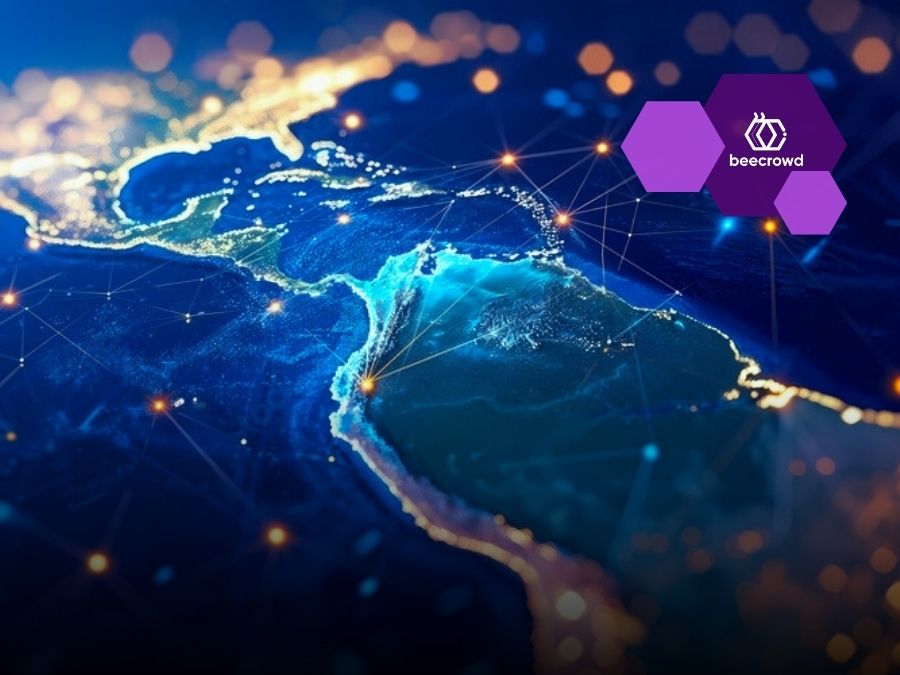

The Future of Retail
Author: Roberto Wik
(4 minutes of reading time) January is always a special month for the global retail industry. It is in this month that, each year, the NRF (National Retail Federation), one of the largest retail events in the world, takes place in New York and brings together more than 15,000 retailers, suppliers, and specialists from different locations. This year, several topics already raised in the past and that continue to make retailers concerned remained on the agenda, such as the issue of hyper-personalization, the integration between the physical and digital world and lessons learned during the pandemic on how consumer power will continue to drive change in the industry. In fact, the consumer and his way of thinking and acting remain a complex puzzle. In the next 10 years the younger generations (Alphas and Z) will represent more than 50% of the world's population. And the question is: what is the best way to communicate with this audience? How is their consumption profile? What are their preferred payment methods? What or who influences their choices? Among the “new” themes, I would like to highlight three of them: METAVERSE In fact, this was “the” great topic and “the” great word that emerged in this edition of the NRF. Although surrounded by many unknowns, the topic permeated almost all the discussions at the event on how retail can transform itself based on this concept. Will physical stores be able to operate in metaverse environments? Will the metaverse be the new omnichannel model? Can the metaverse be monetized? Despite being a trend for the next 5 to 10 years, companies are already moving to insert this technology into their strategies. While some retail influencers have remained skeptical about the metaverse's merits and/or longevity, there are companies that believe in the metaverse and are already selling there. After all, you wouldn't want your avatar to be running around naked, would you? The possibilities really seem to be endless for brands in this avatar economy, as avatars will broaden the scope of the brands narrative. ESG (Environmental, Social and Corporate Governance) Discussions of good environmental, social and governance practices have been gaining strength and investors have discovered that, more sustainable companies, provide greater long-term returns. Consumers globally are also exercising their purchasing power with more intent and impact, making decisions based on a brand's ESG commitments, creating more pressure for brands to prove ESG success. According to research by the IBM Institute for Business Value, 62% of consumers are willing to change their shopping habits to reduce their environmental impact. The constant changes and climate impacts on the planet, in addition to greater consumer awareness, have made brands work to reduce their impacts on nature, as well as find viable alternatives for the health of the planet. TECHNOLOGY FOR EVERYONE – CUSTOMERS AND EMPLOYEES Technology, both existing and emerging technologies, is playing an increasingly important role in the retail journey. Leading tech companies are striving to provide technologies that will help retailers take the customer experience to the next level. Technologies such as IoT (internet of things) are helping retailers to digitally transform their processes and even their business model with the adoption of smart shopping carts, automatic checkouts, smart displays, among others. Technology will be the main catalyst in providing a data-driven, blended customer experience. It is worth noting that technology is not just for the consumer. Many retailers are also taking employees into account and equipping them with the devices they need to make their jobs easier. Anyway, the NRF announcements gave us a glimpse into the future of retail. New solutions that will change the way retailers reach consumers and how consumers shop is being thought, built and tested at every turn. Do you like our content? So, follow us on social media to stay on top of innovation and read our blog. References: NRF Website (https://nrfbigshow.nrf.com/) IBM (https://www.ibm.com/thought-leadership/institute-business-value) Consumidor Moderno (www.consumidormoderno.com.br) Varejo 180 (www.varejo180.com.br) Forbes (www.forbes.com) Supervarejo (www.supervarejo.com.br)


Author: Roberto Wik is a business executive, a management, digital transformation and technology consultant, entrepreneur and investor. (linkedin.com/in/roberto-wik)
Share this article on your social networks:
Rate this article:
[yasr_visitor_votes size=”medium”]



